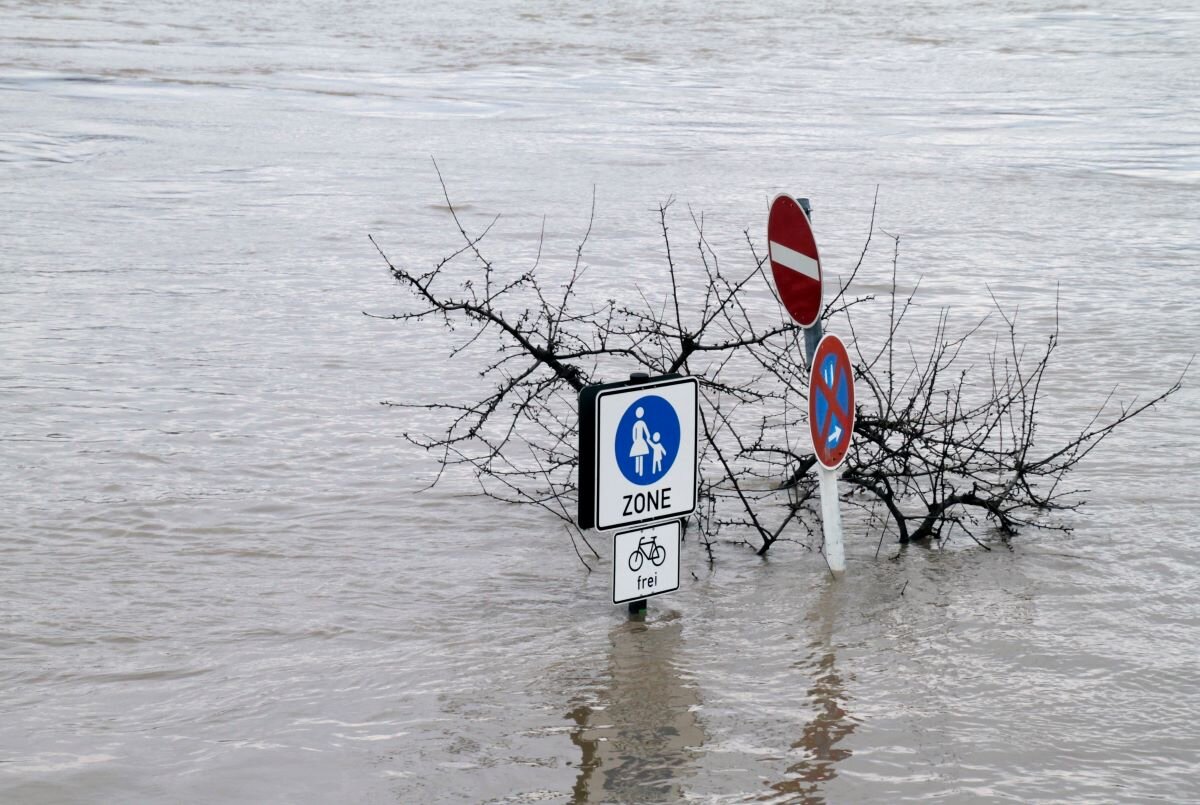The world is mired in a “polycrisis”. Intertwined economic, energy, security and geopolitical shocks and the increasingly catastrophic effects of climate change strain national and economic resilience, especially in the Global South. Imbalances and political rifts between and within states threaten to intensify.
To safeguard its own core geopolitical, security and foreign policy interests, Germany must commit itself to a stable and equitable multilateral system with common global goals, as well as to strategic, mutually beneficial partnerships with countries from the Global South.
A strategic climate foreign policy that integrates security, energy, trade, finance and development cooperation, makes a significant contribution to this end. This is also expected of Germany as an economic power with high technological and innovative capacity, shaper of EU markets and standards, G7 member and an advocate of multilateralism. We illustrate key action areas through which German climate foreign policy can make a real difference until the end of this legislative period.


